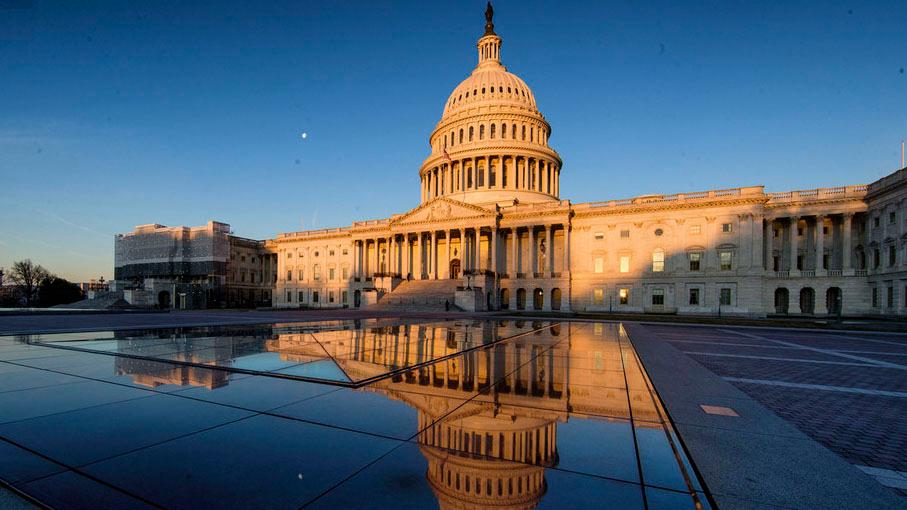The US Trade Representative Office began on June 17 a week-long hearing on China tariffs. Compared with their responses in the last two hearings, corporate America’s opposition to the tariff war reached a new high. Most business owners complained the tariffs will disrupt global supply chains, increase costs, hurt the interests of consumers and cut jobs.
In a letter jointly signed with other 659 businesses, supermarket giants Costco and Walmart even estimated that the country could lose two million jobs if the US goes forth with the 25 percent tariff on the remaining US$300 billion worth of Chinese goods.
Writing for The Beijing News, Xiao He, associate researcher at the Institute of World Economics and Politics, Chinese Academy of Social Sciences, pointed to two reasons for the heightened opposition.
First, during the initial stage of the trade war with China, US President Donald Trump focused on China's high-end industries, while trying to protect US consumers from harm. Yet as the frictions escalated, Trump has no choice but to extend the tariffs to other daily consumer goods to maintain the huge pressure on China.
The other is that US firms do not entertain any more the hope that their country can exert a quick win from China. Despite their aversion to tariffs, US firms can still bear them, if the tariff pressure can bring China to change in a short period. But facts show such a hope is unrealistic. Worse still, Trump has been wielding tariff sticks against almost all its major trade partners.
American businesses also understand that a hearing will not bring about a major shift in Trump’s tariff policies, given tariffs have become the label and favorite of the Trump administration, Xiao said. And to uphold the rationality of the tariffs, the administration will not likely ditch them any time soon.
But the question lies in that once the tariffs cross the line of hurting ordinary consumers, there will be greater economic and political consequences than the White House can control, he warned. Any escalation of the trade war will bring greater uncertainties to Trump’s 2020 campaign.

 Old Version
Old Version